Red Borneo Kratom is a unique strain of the Mitragyna speciosa tree, native to the island of Borneo. This tropical...
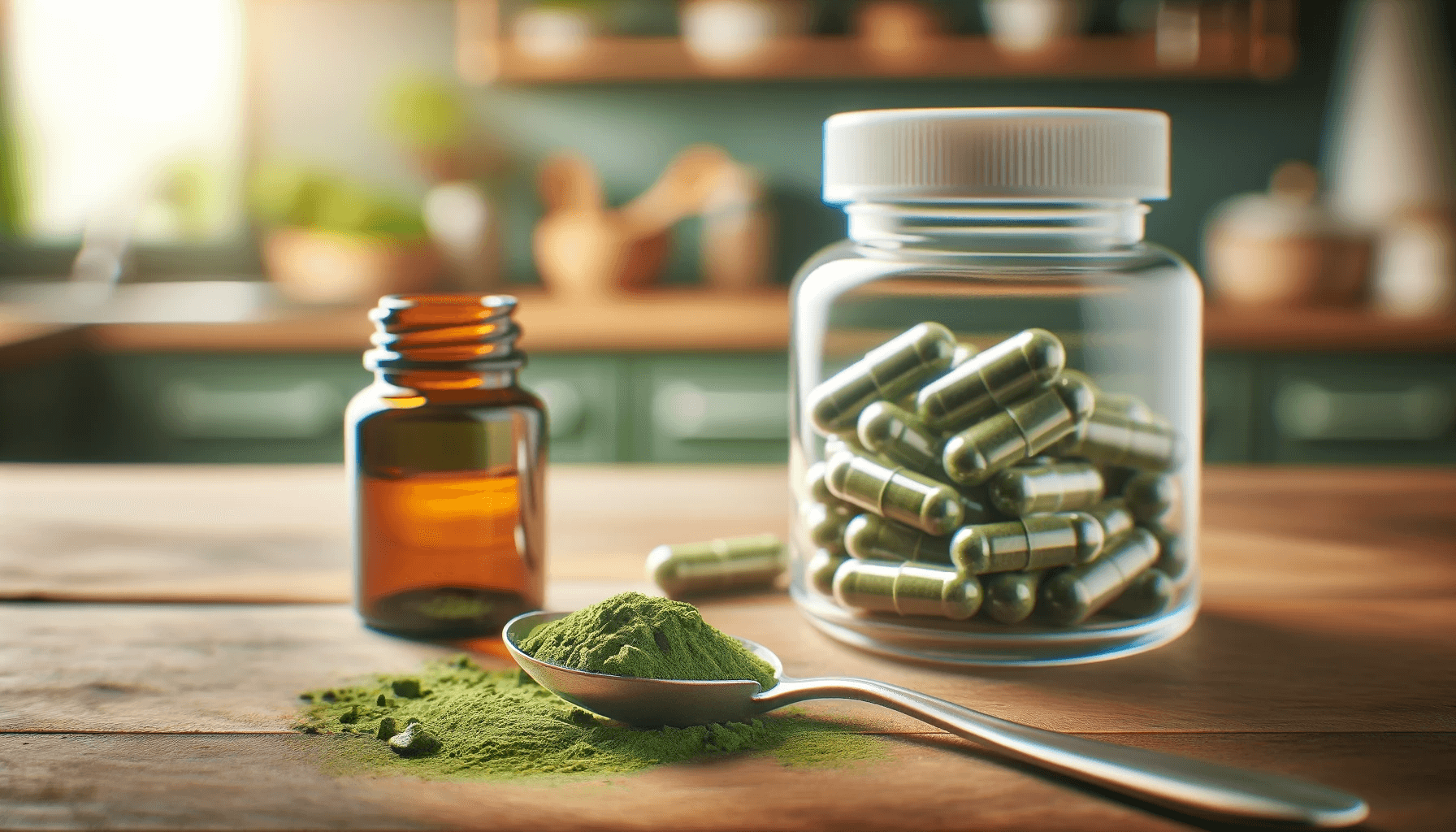
Kratom for Inflammation: Exploring the Possibilities and Limitations
Kratom, a tropical tree native to Southeast Asia, has garnered attention for its traditional medicinal use. Its potential role in managing inflammation is a subject of both interest and debate. This in-depth article, with insights from Speakeasy Kratom, a leading provider of high-quality Kratom, aims to explore the possibilities and limitations of using Kratom for inflammation.
Inflammation is a natural response of the body's immune system to harmful stimuli, such as pathogens, damaged cells, or irritants. While acute inflammation is a protective mechanism, chronic inflammation can contribute to various health issues, including autoimmune disorders, chronic pain, and even certain types of cancer. As a result, many individuals seek natural remedies to alleviate inflammation and its associated symptoms. Kratom, with its unique alkaloid profile, has emerged as a potential alternative for those seeking relief from inflammatory conditions.
Understanding Kratom and Its Components
The Nature of Kratom
Kratom, scientifically known as Mitragyna Speciosa, is a plant traditionally used in Southeast Asia for its medicinal properties. The leaves of this tree contain numerous active compounds, primarily alkaloids like mitragynine and 7-hydroxymitragynine. Kratom grows naturally in countries like Thailand, Malaysia, and Indonesia, where it has been used for centuries.
Alkaloids in Kratom
These alkaloids are known to interact with opioid receptors in the brain. This interaction is crucial to Kratom's analgesic properties, suggesting a potential role in managing pain and inflammation. However, the effects of Kratom can vary depending on the dosage, with higher doses potentially leading to sedation and euphoria.
The primary alkaloids found in Kratom and their potential effects are:
|
Alkaloid |
Potential Effects |
|
Mitragynine |
Analgesic, anti-inflammatory, muscle relaxant |
|
7-hydroxymitragynine |
Analgesic, sedative |
|
Speciogynine |
Analgesic, anti-leukemic |
|
Paynantheine |
Smooth muscle relaxant |
Kratom's Role in Pain Relief
The Connection Between Pain Relief and Kratom
-
An important aspect to consider when discussing Kratom's potential in managing inflammation is its role in pain relief.
-
The alkaloids present in Kratom, primarily mitragynine and 7-hydroxymitragynine, have been recognized for their analgesic properties.
-
These compounds interact with opioid receptors in the brain, a mechanism that can lead to pain reduction.
-
For individuals suffering from inflammatory conditions, which often involve chronic pain, Kratom's analgesic effects could offer significant relief.
-
This pain-relieving potential is one of the reasons many turn to Kratom as an alternative to traditional pain medications.
However, it's crucial to approach Kratom use with caution, given the variability in strength and composition of different Kratom products. As always, consulting with healthcare professionals before using Kratom for pain management is advisable, especially to understand its interaction with other medications and health conditions.
Kratom and Inflammation
User Reports
-
Many Kratom users report benefits in reducing inflammation and alleviating associated discomfort.
-
These anecdotal experiences suggest a potential therapeutic role for Kratom in inflammatory conditions such as arthritis, fibromyalgia, and autoimmune disorders.
Research and Evidence
-
Scientific research on Kratom's anti-inflammatory properties is not extensive, but some studies have shown promising results.
-
In vitro and animal studies have demonstrated the ability of Kratom alkaloids, particularly mitragynine, to inhibit inflammatory pathways and reduce the production of pro-inflammatory molecules.
-
However, more in-depth clinical studies are necessary to validate these effects and to establish the safety and efficacy of Kratom for inflammation in humans.
Potential Anti-Inflammatory Mechanisms of Kratom
-
Antioxidant properties: Some Kratom alkaloids possess antioxidant properties, which can help neutralize free radicals and reduce oxidative stress, a contributor to inflammation.
An article titled “Clinical Implications of Kratom (Mitragyna speciosa) Use” fromthe National Center of Biotechnology Information (2023) that certain preliminary studies using models other than human trials have indicated that kratom may possess properties that could alleviate depression, reduce anxiety, mitigate stress, and exhibit antipsychotic effects. Additionally, research has revealed that kratom and its alkaloid compounds demonstrate protective effects against stomach disorders, possess anti-inflammatory properties and exhibit antibacterial, antioxidant, antimutagen, and anticancer activities.
Regulatory and Safety Considerations
FDA Stance
-
The U.S. Food and Drug Administration (FDA) has not recognized Kratom as a treatment for inflammation or any other health condition.
-
The absence of regulation in the pharmaceutical sector results in significant variability in Kratom's quality, purity, and dosage.
Seeking Medical Advice
-
It is crucial for individuals considering Kratom for inflammation to consult healthcare professionals.
-
This step is essential for understanding the potential benefits and risks and for making informed health decisions.
-
Healthcare providers can guide patients on the appropriate use, dosage, and potential interactions with other medications or health conditions.
Potential Risks and Side Effects
-
While Kratom is generally considered relatively safe when used responsibly, it can have side effects, particularly at higher doses or with prolonged use.
-
Possible side effects include nausea, constipation, dry mouth, loss of appetite, and sedation.
-
Long-term use may lead to dependence and withdrawal symptoms upon discontinuation.
-
Kratom may interact with other medications, such as opioids, benzodiazepines, and certain antidepressants.
Speakeasy Kratom: Quality and Trust
Quality Assurance
Speakeasy Kratom prides itself on offering superior quality and naturally pure Kratom products, with a commitment to customer satisfaction. This focus on quality is vital for building trust and confidence among users, especially in an unregulated market.
Sustainable and Ethical Sourcing
Their Kratom is sourced from sustainable farms in Indonesia, emphasizing natural, eco-friendly cultivation methods. This approach ensures the absence of harmful chemicals and fertilizers in their products, promoting sustainability and environmental responsibility.
Pure and Natural Kratom
Speakeasy Kratom's policy against adding cuts or fillers ensures that customers receive Kratom in its most natural form. This is particularly important in the unregulated Kratom market, where adulteration and contamination can be a concern.
While Kratom's potential in managing inflammation is intriguing, caution is warranted due to the lack of comprehensive scientific evidence and regulatory oversight. For those interested in exploring Kratom for inflammation, Speakeasy Kratom offers a reliable source of quality products.
Consulting healthcare professionals before starting any new supplement, including Kratom, is essential. Future research may shed more light on Kratom's role in inflammation, potentially opening new avenues in health and wellness. Contact Speakeasy Kratom today to get your free Kratom sample and experience the effects of pure and premium quality Kratom.

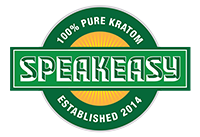

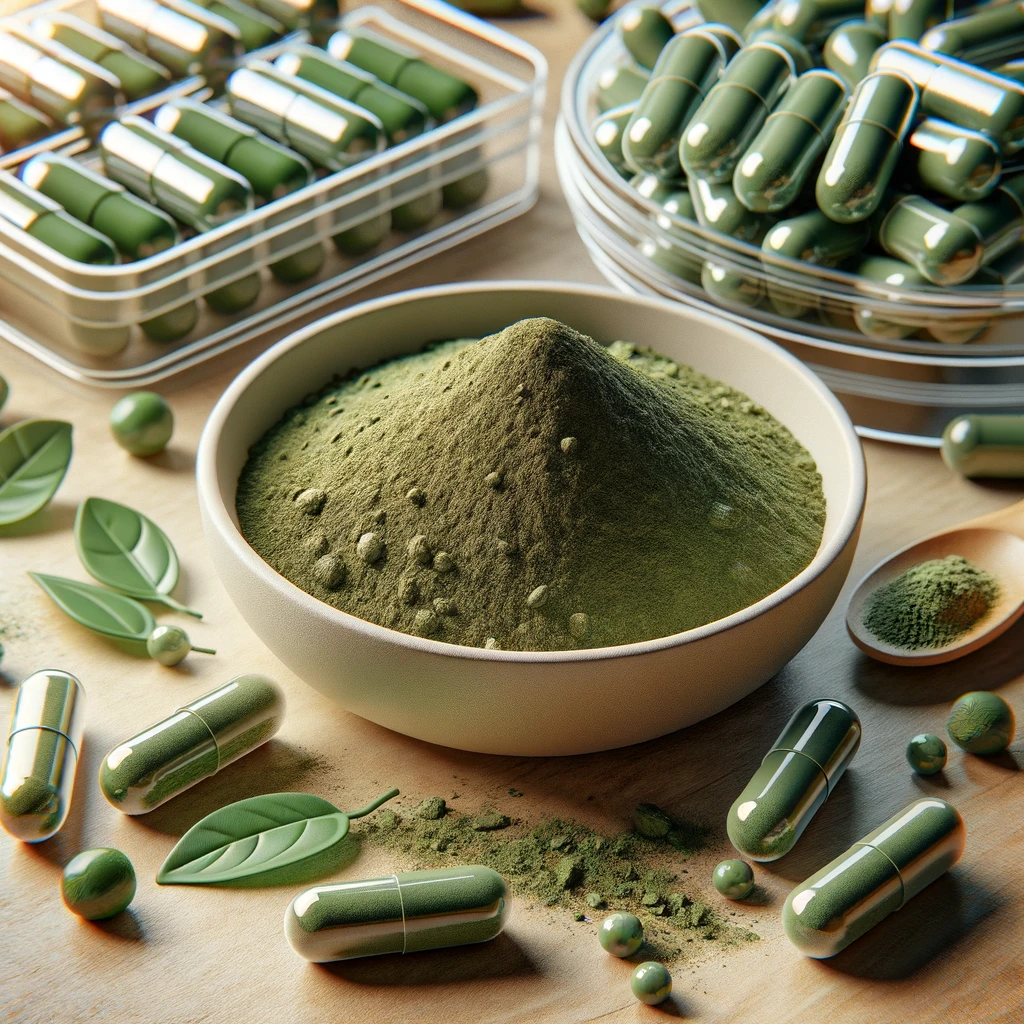



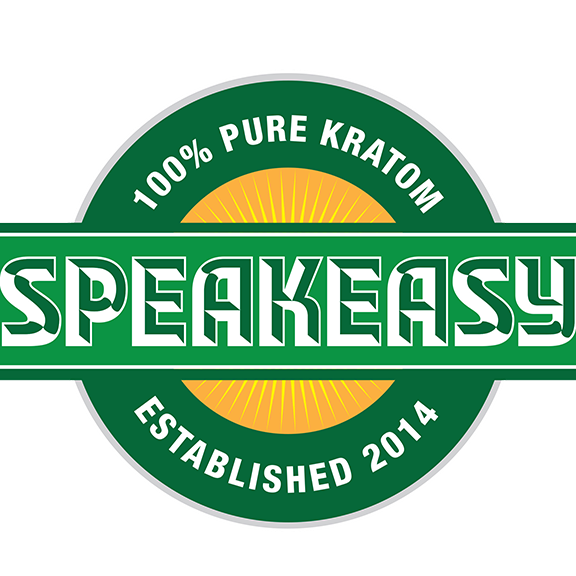
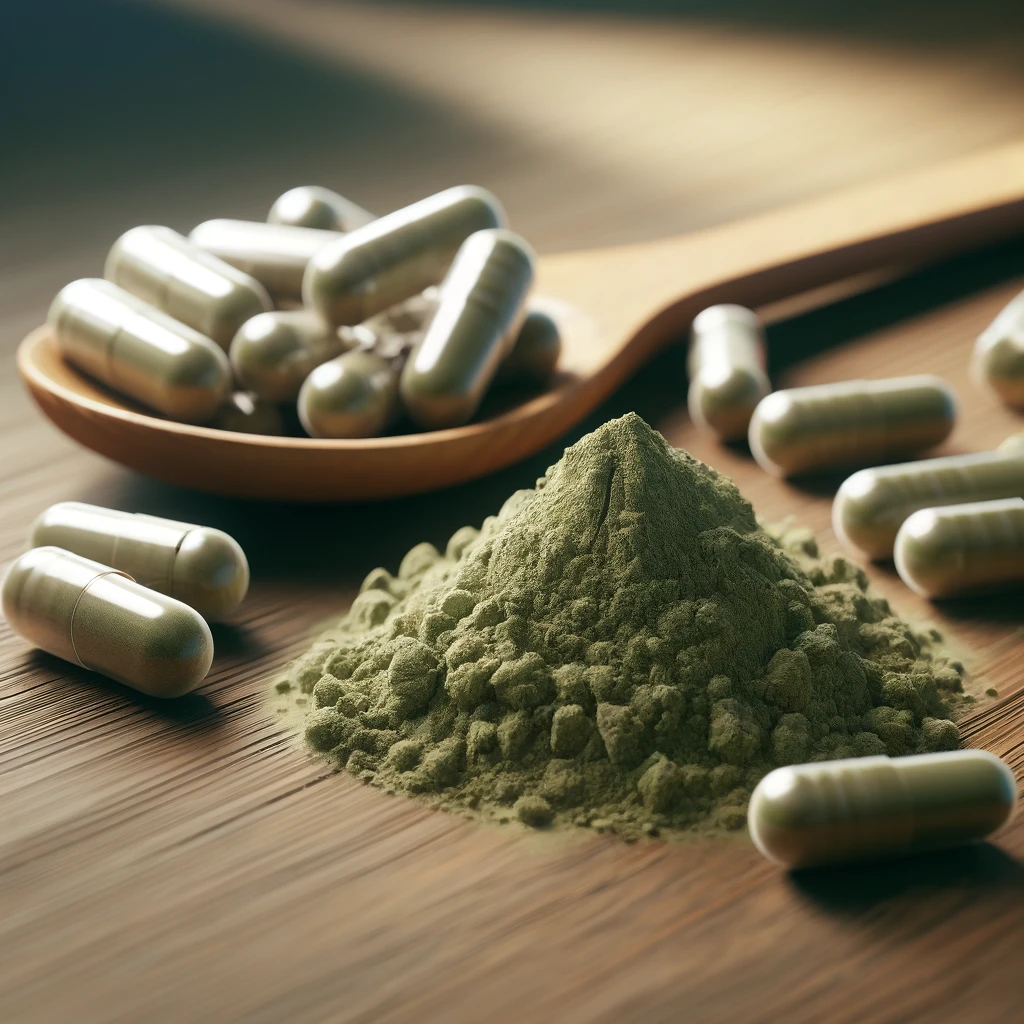


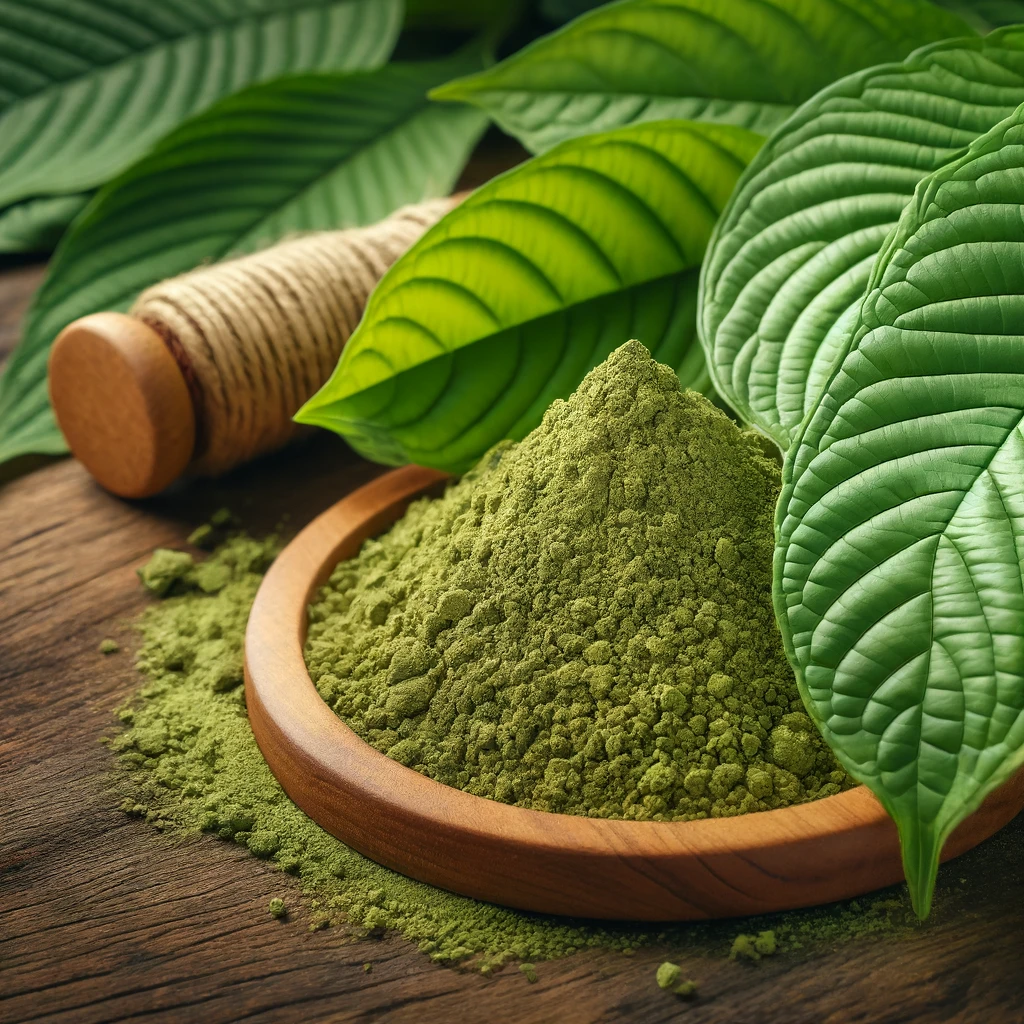
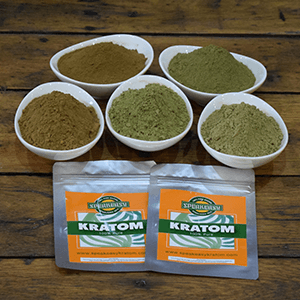

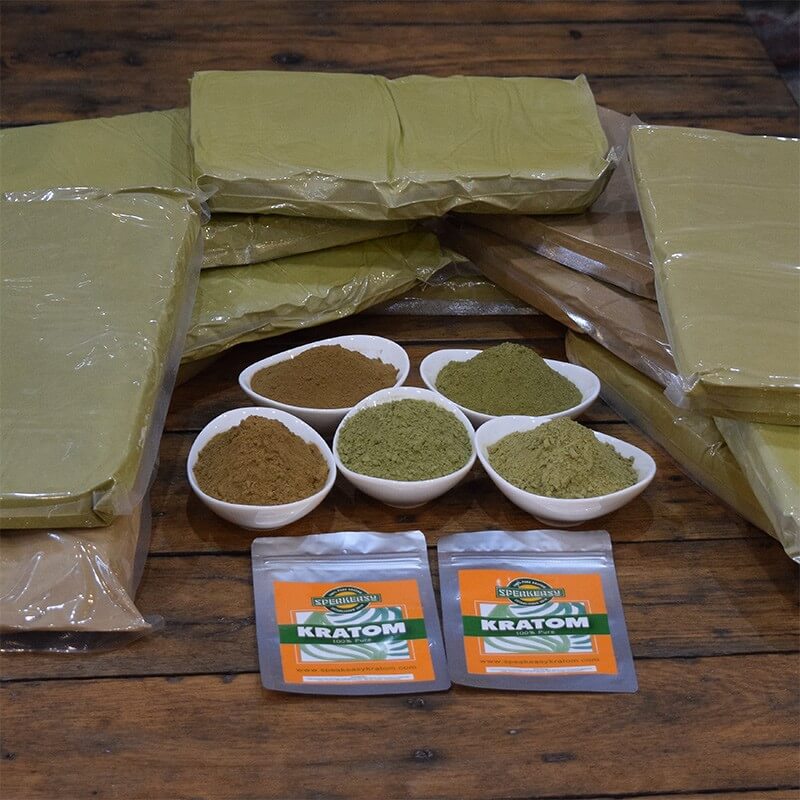
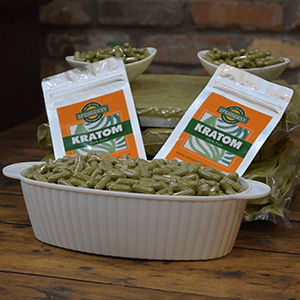
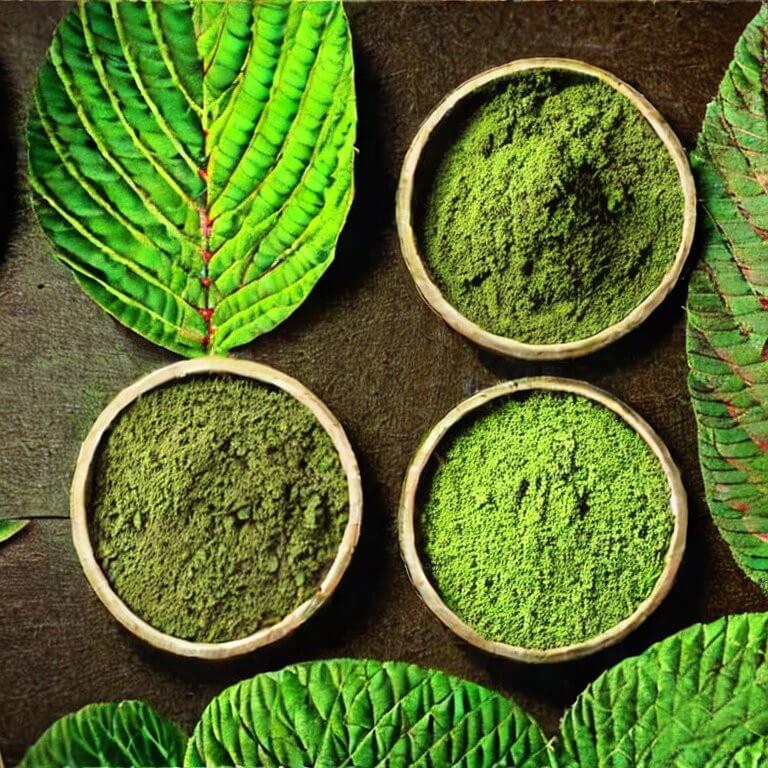
Leave a comment